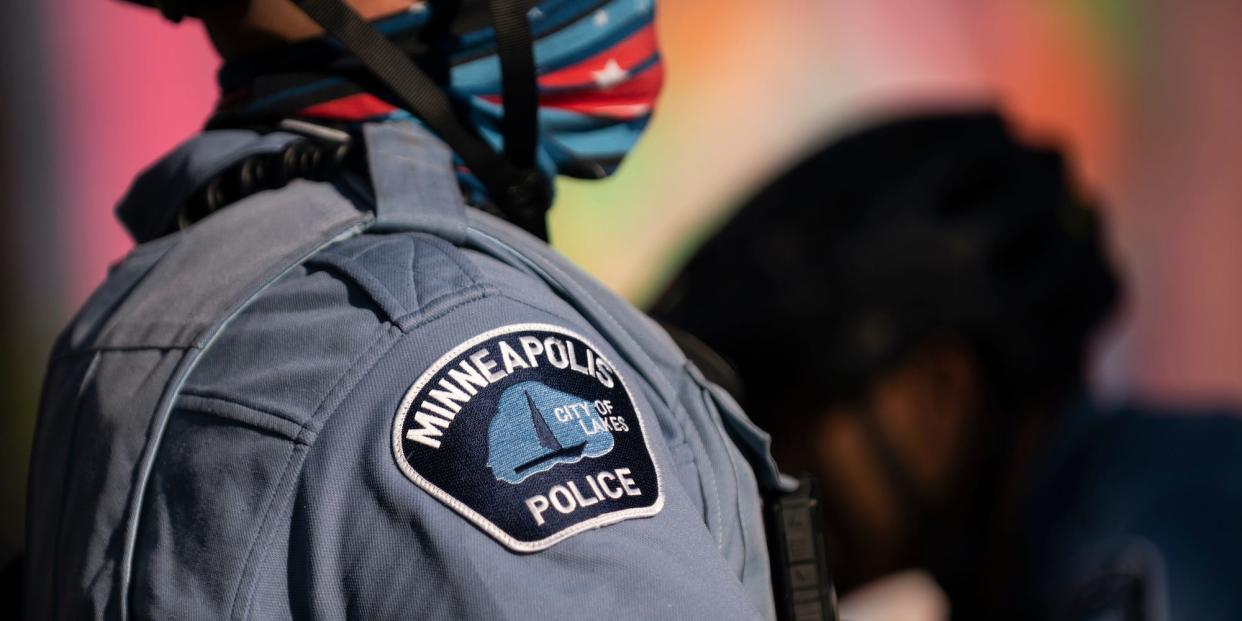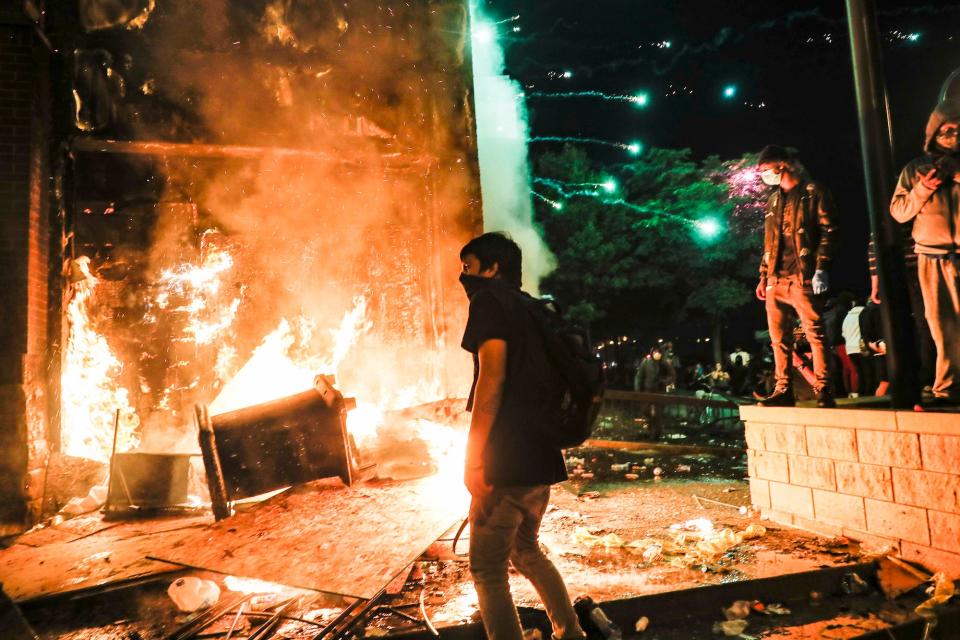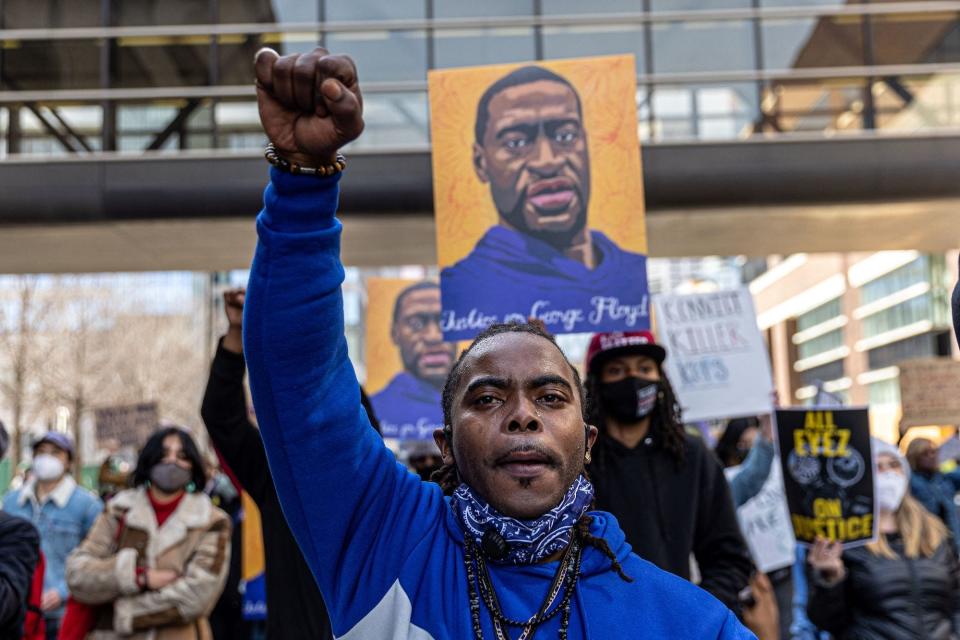A former Minneapolis police officer said he quit days before the Derek Chauvin trial because he thinks protesters will 'burn the city down' no matter the case's outcome

Insider spoke with a former Minneapolis police officer who quit days before Derek Chauvin's trial.
He said he believed rioting would break out at the close of the trial and he feared getting killed.
Chauvin's trial over George Floyd's death began March 29, and witnesses have been testifying.
A former Minneapolis police officer who quit the department days before the start of Derek Chauvin's trial said he did so fearing there would be riots in the city no matter the outcome.
The officer, a former sergeant, spoke on the condition that he not be named, but his identity is known to Insider.
The former officer said he was up for retirement soon and worried about his safety in what he predicts will be "riots and more destruction" when the jury reaches a verdict, which could happen this month. Chauvin's trial in Minneapolis began March 29.
"If Minnesota had the death penalty and Chauvin got it, people in Minneapolis are still going to riot," the officer said. "They're still going to burn the city down."
"I don't want to get myself hurt or killed," he said.

Chauvin is standing trial in the death of George Floyd, the Black man who died last May after Chauvin knelt on his neck for several minutes during an arrest. Chauvin was immediately fired from the Minneapolis Police Department, along with the three other officers who were present at the arrest.
Floyd's death reinvigorated the Black Lives Matter movement and prompted demonstrations both in Minneapolis and around the world. While the protests were largely peaceful, there were incidents of rioting, including multiple nights of violence in Minneapolis.
In an indication of the tensions between racial-justice protesters and the Minneapolis police, protests once again broke out in the city and surrounding areas on Sunday night following the news that a 20-year-old Black man had been fatally shot during a traffic stop.
Chauvin faces charges of second-degree unintentional murder, third-degree murder, and second-degree manslaughter. The trial for the other three officers, each charged with aiding and abetting second-degree murder and manslaughter, is scheduled to start later this summer.
An exodus at the Minneapolis PD
The former officer Insider spoke with said he was part of an exodus of officers from the department since Floyd's death.
In November, The Washington Post reported Chief Medaria Arradondo of the Minneapolis Police Department as saying that more than 100 officers had left the force since Floyd's death - more than double the number lost in a typical year. The Minneapolis Star Tribune put that number at more than 10% of the entire force.

"The morale in the department is the lowest I've seen it in almost 30 years," the officer said.
He said another motivating factor for his exit was how police leaders had handled the fallout from Floyd's death, adding that he believed officers didn't feel supported by the administration.
"I've never seen such a weak form of leadership," he said.
He specifically took issue with the department's new guiding principle of "do no harm."
"People are afraid to do their jobs," he told Insider. "Nobody wants to use force in the department anymore," he added, saying it put officers at risk of getting hurt.
"There's no support from our leadership. We're a sinking ship, and I'm not going to be on it."
The former officer said Chauvin wasn't following protocol in kneeling on Floyd's neck, but said he believes Floyd died of a drug overdose.
At Chauvin's trial on Monday, a cardiologist testified that Floyd did not die of a heart attack or a drug overdose, but from a "cardio pulmonary arrest" caused by the "position that he was subjected to."
A Minneapolis city spokesman said he was "unable to discuss any aspects of the trial or case" because of a judicial mandate. The city now handles the police department's press inquiries after the city council voted to remove the department's public-information officer after Floyd's death.
Read the original article on Insider

